

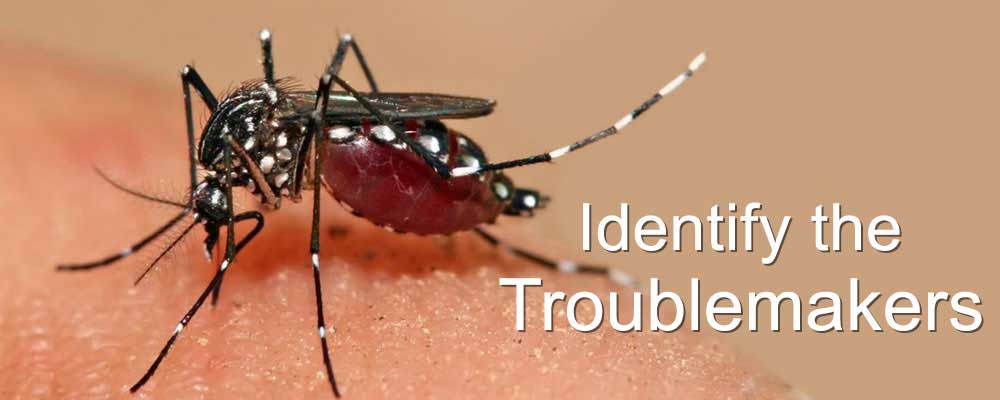
Conservet veterinary conservation medicine ongoing research projects in this externship are aimed at introducing students to field and laboratory methodologies (such as mist net and other capture techniques, wildlife identification, blood work, parasite examinations, geographical information systems) that can be leveraged toward big-picture veterinary assessments through the lens of a variety of key species, including domestic livestock as well as a variety of wildlife species, including bats, rodents, opossums, fish, birds, amphibians and insects.
All three research areas – Chagas disease carriers, mosquito vector identification and avian influenza testing – involve intersects with human, animal and environmental health. Exploring these initiatives during the externship will include supporting lectures and discussions, as well as field work and laboratory testing.
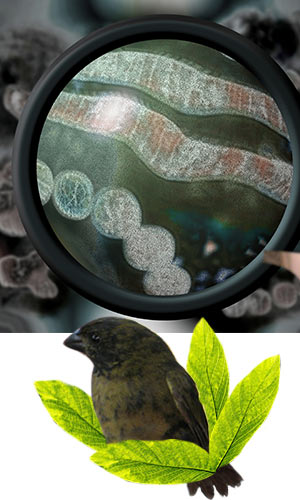
Target: Wild birds and domestic poultry
Activity: Capture, identification, testing
Disease: Avian Influenza virus
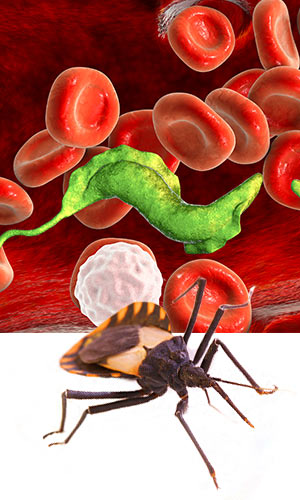
Target: Triatomine bugs and opossums
Activity: Capture, identification, testing
Disease: Chagas trypanosome
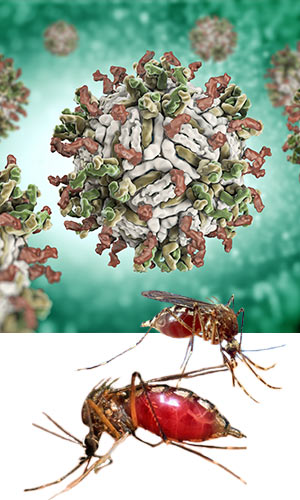
Target: Mosquitos
Activity: Capture, identification
Diseases: Dengue, Chikungunya, Zika viruses
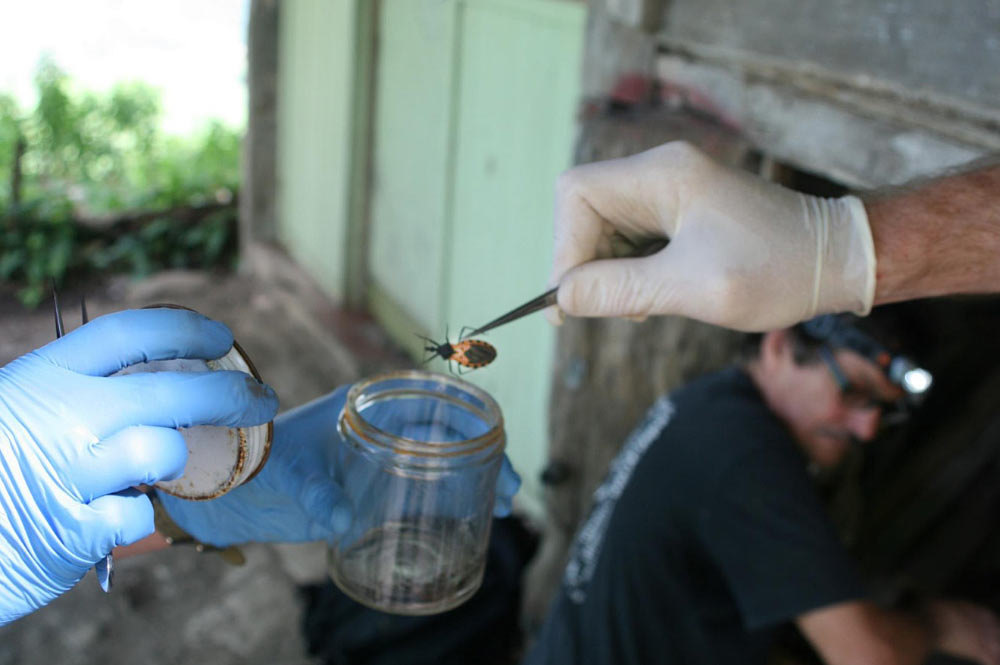
Conservet participants collect a triatomine bug under a farmhouse to test for the trypanosome of Chagas disease.
All results are tabulated and built upon in successive Conservet workshops.

Conservation Veterinary Medicine
Animal, Human and Environmental Health Connection